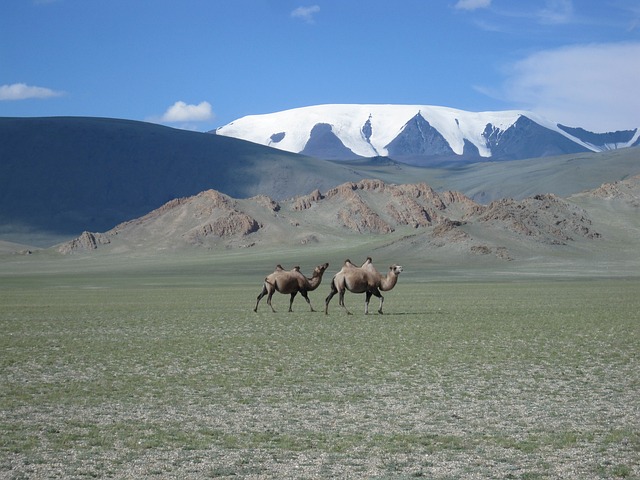The impact of the pandemic has been deeply felt in Mongolia’s tourism industry, leading to a significant loss of human resources across various sectors. Tour operators suffered a staggering decline of approximately 78% in their workforce, while tourist centers experienced a decline of around 68%. Hotels faced a 25% reduction in staff, and restaurants saw a 50% decrease in personnel.
To address this concerning trend, Mongolia has established 16 universities offering specialized programs in tourism. However, the number of graduates in this field has dwindled drastically over the years. In 2007, a total of 7,251 students graduated, but last year, this number plummeted to a mere 979. One key factor contributing to this decline is the seasonal nature of Mongolia’s tourism industry, which primarily operates during the summer months. As a result, many students from Ulaanbaatar prefer to pursue education and employment opportunities abroad, where they can find more stable and long-term prospects.
Recognizing the urgent need for human resources and stability in the tourism sector, the 8th meeting under the New Revival Policy of the Mongolian government was held on June 20th. The meeting brought together representatives from universities, employers, and students, along with Bat-Erdene Bat-Olzii, the Minister of Environment and Tourism, to discuss the challenges and seek solutions.
Over the years, the choice of pursuing a career in the tourism profession in Mongolia has declined significantly by almost 87%. In response to this concerning trend, the Mongolia tourism industry has announced a scholarship worth 400,000,000 tugriks, aimed at encouraging and supporting students who have chosen to enter the field of tourism.
Addressing the workforce shortage and ensuring a stable and skilled workforce in the tourism sector is crucial for the revitalization and growth of Mongolia’s tourism industry. Through collaborative efforts between educational institutions, employers, and government initiatives, it is hoped that effective measures can be implemented to attract and retain talent, thus fostering the development of a thriving tourism industry in Mongolia.
















More Stories
Bulgaria’s Tourism Triumph Record 2025 Powered by Neighbors
Poland’s High-Tech Border Revolution: EES Ushers in New Era
Mexico’s 2026 Luxury Hotel Explosion: Caribbean & Pacific Gems